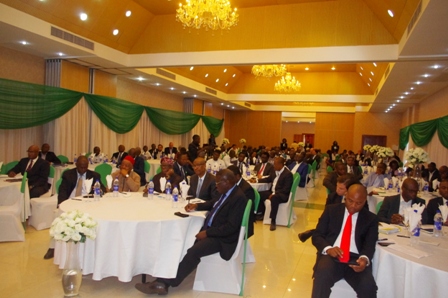FEMI OWOEYE
[dropcap]S[/dropcap]takeholders of the Nigerian Automobile Industry are divergent in their outlook on the year 2017. Motoring World’s checks on majority of the players revealed that while certain stakeholders are yet to get over the unpleasant business climate of 2016, others have simply changed strategies.
Yet there are still those who have a renewed hope on the federal government’s policy direction, as it affects the auto industry.
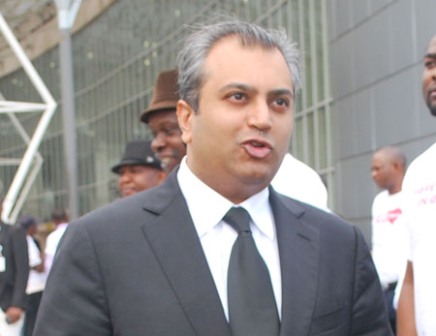
One company that does not hide its negative outlook of the year 2017 is Dana Motors, assembler and distributor of Kia brand in Nigeria. Asked how optimistic Kia is about the year 2017, the company’s Managing Director, Jacky Hathiramani, responded with one word: “BAD.”
Responding to a questionnaire from Motoring World early this year, the Managing Director of Anambra Motor Manufacturing Company Limited (ANAMMCO), Maduabuchukwu Okeke, expressed optimism about 2017. His hope is hinged on the positive projections regarding the nation’s economic recovery as well as pro-auto industry policy with which the federal government opened the New Year.
He explained: “The level of support for local assembly is reinforced by the recent ban on importation of vehicles through the land borders, which is indeed a welcome idea.
“Following this remarkable gesture, the optimism for 2017 is drawn from the available statistics of economic recovery from the end of the second quarter to the beginning of the third quarter of 2017.
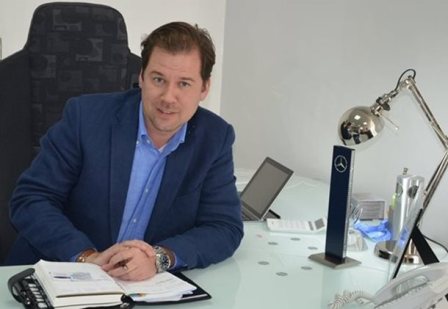
No wonder, despite economic recession, ANAMMCO holds on to three major and important corporate goals, including increase of local content of the company’s locally made trucks, attracting automobile players to utilize part of the company’s available capacity and becoming first choice for “procurement of commercial vehicles in Nigeria, because of quality and standard.”
As a further proof of his company’s optimism for 2017, Mr. Okeke projects that by the end of the new year, ANAMMCO would have increased its capacity utilization by about 20% of its installed capacity.
“We also plan to increase our level of personnel employed by 50%,” he added.
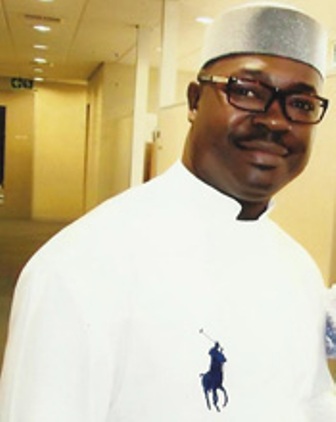
He, however advised the federal government to support the optimism of stakeholders with preferential allocation of Foreign Currency at official rates to procure inputs, because, according to him, “there is no locally available substitute.”
“And also very important,” he noted, “the government needs to sustain the implementation of the National Automotive Industry Development Policy (NAIDP) in view of the enormous resources deployed by local assemblers to create employment and as well sustain existing government procurement policy that gives preference to locally assembled vehicles.”
To Toyota Nigeria Limited, there is no assurance that the situation the auto industry went through in 2016 will improve significantly through 2017.
In his presentation during the company’s fourth quarter media briefing held towards the end of 2016, the company’s Managing Director, Mr Kunle Ade-Ojo, said due to Foreign Exchange scarcity, prices of new vehicles had doubled, thereby making it more difficult for car buyers to procure new vehicles, a situation he reckoned is unlikely to change very much in 2017.
He therefore forecast that, through 2017, auto marketers will experience a major challenge, selling brand new vehicles.
Notwithstanding, for Toyota Nigeria, 2017 is far from being a hopeless year, for, despite the expected difficulty, Ade-Ojo identifies a window of opportunity in the area of after-sales.
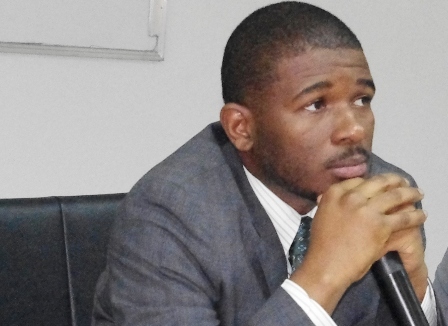
“There will be an opportunity in the after sales segment,” he enthused ”we have already started the process to get us ready for the year 2017, so that we are actually there and able to continue to serve our loyal customers.
”Like you may know, we are not just a vehicle selling organization; we are also in the business of maintaining those vehicles. So come next year (2017), one of our major focuses will be on the after sales service aspect of the business.”
Mr. Ade-Ojo said a survey carried out on some of TNL’s corporate customers revealed that, many that used to change their vehicles every four years are now looking at changing them between six and eight years, because of what he described as “present high cost of buying brand new vehicles”.
“We will be focusing more than ever on after sales, therefore,” he reasoned, “because people are going to be using their vehicles much longer.
“We are not going to be looking at getting new clients. If they come, yes we will take them. I say that not because we do not want business. The products are not there, they are not enough. Even with what you have, the demand is higher than what is available. Our focus will be to ensure that our customers are kept; we will be working with them to ensure we do not lose them.
”This is because a new customer is harder to get than somebody who is already loyal to you. Our main focus will be to retain them while on the side trying to get new customers. 80% of our energy will be focused on ensuring that the ones we have are satisfied.”
Unlike many players of the nation’s auto sector, Weststar Associates
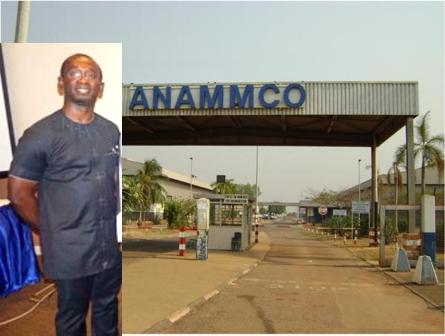
Limited, authorized General Distributor of Mercedes Benz, Chrysler, Jeep, Dodge and Ram in Nigeria, believes that Nigeria’s negative economic outlook is not peculiar to the country. Neither does it affect Weststar’s own segment of the auto market as badly as it does for others, a claim that explains why, recently, the company launched into the Nigerian market four latest models of Mercedes-Benz at a go.
Responding to Motoring World’s correspondent at the launch, the company’s managing Director, Mr. Mirko Plath said albeit when there is an economic crisis, products consumers are bound to change their behaviours, his company’s luxury brand has been doing well, despite recession.
“Mercedes-Benz is a proactive company,” he pointed out. “And our aim of course, is to meet customers’ demand at all times. Therefore, we won’t go to sleep simply because there is economic crisis.
According to Mr. Plath, Westar’s luxury brands have not stopped doing well, despite recession.
“So far, so good,” he said, “in spite of the recession in Nigeria, our brand is doing well.
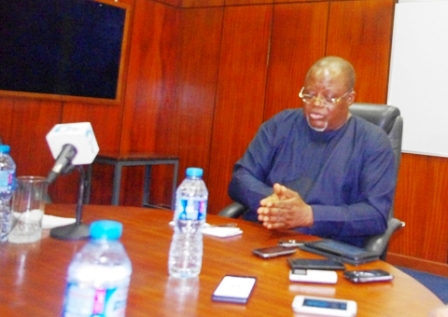
“In the premium segment, we sustain the market share throughout last year and the year before. We don’t really see a big risk in our sector. However, we see a need for us to penetrate the compact car segment with more suitable products beyond what our competitors are doing and this we have already announced during our event in January.”
As a further proof of Weststar’s bright outlook for 2017, Mr. Plath projected that one of his company’s luxury model, the Mercedes-Benz E-Class would drive a good market share for 2017.
“Being a new model for 2017,” he said, “the E-Class is an important car for the Mercedes-Benz brand. The E-Class will have as usual, a market share in the premium segment of approximately 42-47 percent in Nigeria. This is a good motivation for us.”
In the automotive allied sector, players too expressed a more positive outlook for the year 2017.
In all Total filling stations across Nigeria, Automatic Fits and Energy Limited renders to motorists professional quick vehicle maintenance services, as well as Wheel balancing and alignment. In a telephone interview with Motoring World’s editorial team, Prince Olusegun Aderemi, the company’s Managing Director and Chief Executive Officer, said things have started improving beginning from January 2017.
According to him, compared with the previous year, his company experienced a drop in patronage in 2016, due to recession.
“But from 2017,” he said, “things are getting better. Many motorists are getting used to the situation. As Nigerians, we always adapt. Things are beginning to be stable.”
On how optimistic he is for 2017, Prince Aderemi said he is optimistic, because people are transiting from state of fear and uncertainty to that of reality, hence the need to service and maintain what they have, since it is now difficult to buy new vehicles.
“People have realized that there is no alternative than to face the situation and simply maintain what you have, which is why patronage for us are beginning to stabilize.
“And come to think of it, this is the best time to maintain jealously what you’ve got. For with the state of the nation’s economy, the little you spend to keep your car up and running will save you a lot of money at the long run. That is the reality many wise motorists are facing from the beginning of 2017.”
And to the Chairman of Nigeria Automobile Manufacturers Association(NAMA), who is also the managing Director of VON Automobiles Limited, Mr. Tokunbo Aromolaran, in a recent interview with Motoring World, the outlook for 2017 is that of hope. In a tune similar to that of ANAMMCO boss, Mr. Aromolaran praised the federal government for starting the New Year with placing a ban on importation of used vehicles through the land borders.
He said: “Ban of importation of vehicles through the Land borders is a sign that the present government is in support of pushing through the nation’s auto policy. And I am aware the federal government is also pushing through auto finance, another key ingredient of the auto policy.
“Once the Central Bank of Nigeria(CBN) is through with it, hopefully before the end of the year, many Nigerians would be able to buy locally made vehicles on credit, as done in other countries, spreading payment across three to five years.
“This (auto finance) will drive up volumes and prices of locally made vehicles will become affordable. For us (NAMA), the auto policy is on course, and the year 2017 is looking hopeful.”
2017 outlook for the various stakeholders of the Nigerian auto industry is best described with four words: Different folks, different strokes. While some simply see the negative side of the recession and keep hoping that the government would do the needful someday, others are determined to work with the government and policy makers to ensure that the nation reaps the benefit of the auto industry as countries like Germany, USA, Great Britain, India, South Korea, China and South Africa, among others, have done over the years.
There are those, who, no matter the situation, simply analyse their SWOT (Strength, Weakness, Opportunities and Threats), reorganize, strategize and move on.
Good news is that, from responses we got so far, many stakeholders are optimistic that the year 2017 would be more bullish than the just concluded 2016.
©Copyright MOTORING WORLD INTERNATIONAL.
All rights reserved. Materials, photographs, illustrations and other digital content on this website, may not be reproduced, published, broadcast, rewritten or redistributed in whole or in part without prior written permission from Motoring World International
Contact: editor.motoringworldng@gmail.com



